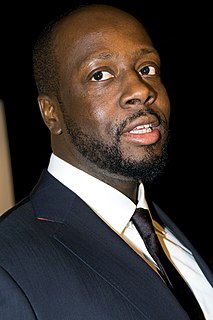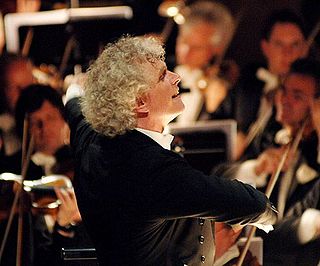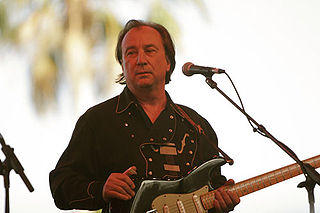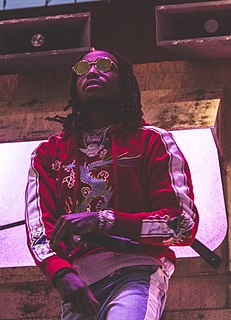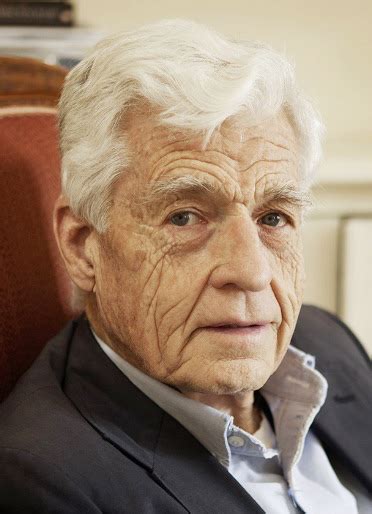A Quote by Chris de Burgh
After university, I set out to see if I could make a career in music. It was a tough journey at first, but by the time I was 23 I'd been signed by A&M Records.
Related Quotes
For me, it's always been a financial kind of scenario. I was actually the first one who signed the 'exclusive to Ring of Honor' contract. I was the first guy who ever signed one of those contracts. That was tough for me because I had no one to talk to. I had no examples to go on. I was the guinea pig.
It was part of a financial situation. I could only afford records in thrift stores. Then you could find wonderful things, but now everything is a collectible. I like the recycling idea --using the stuff that people don't want anymore, and make new music out of it. There was an element of looking back and listening to your parents' records and doing something with that stuff. Sort of acknowledging the past while rejecting it at the same time.
We're in a situation now where we've got five long-play records of sort of eerie psychedelic pop music. I don't think that we can make another one. That's really my position on it. If we were to do a film soundtrack or something else where I could take the rest of the band with me. I really don't think bands should make more than five records anyway. In fact, five is one too many. We'll have to see how it pans out.
Well, almost everything is open - the political documents, the (unintelligible) of cabinet meetings. What has been opened now and what had been closed are things that many governments still close, and that is police files and trial records, trial records of the special courts set up by Vichy. And especially interesting are the trial records of the Purge Trials after the war.




